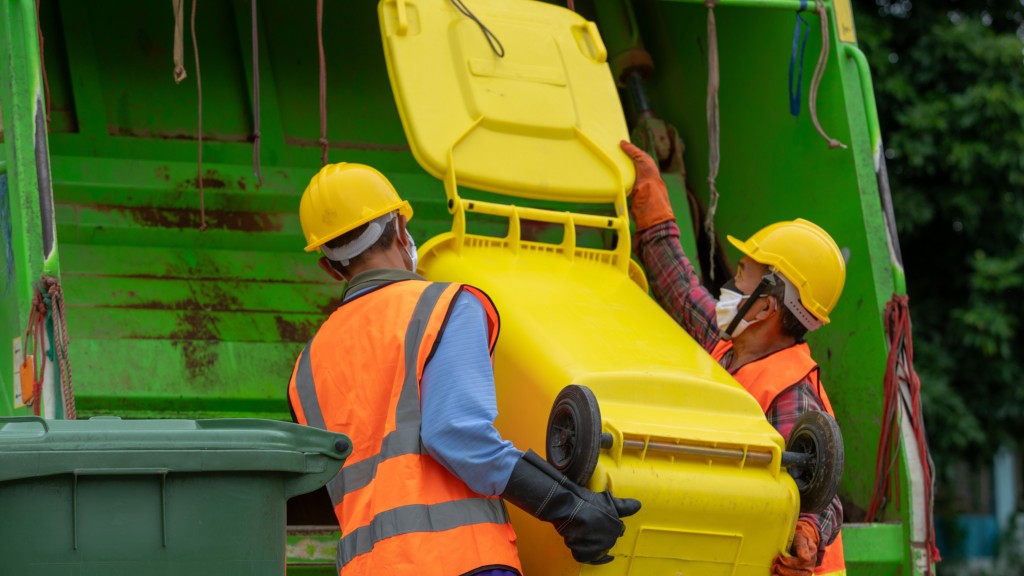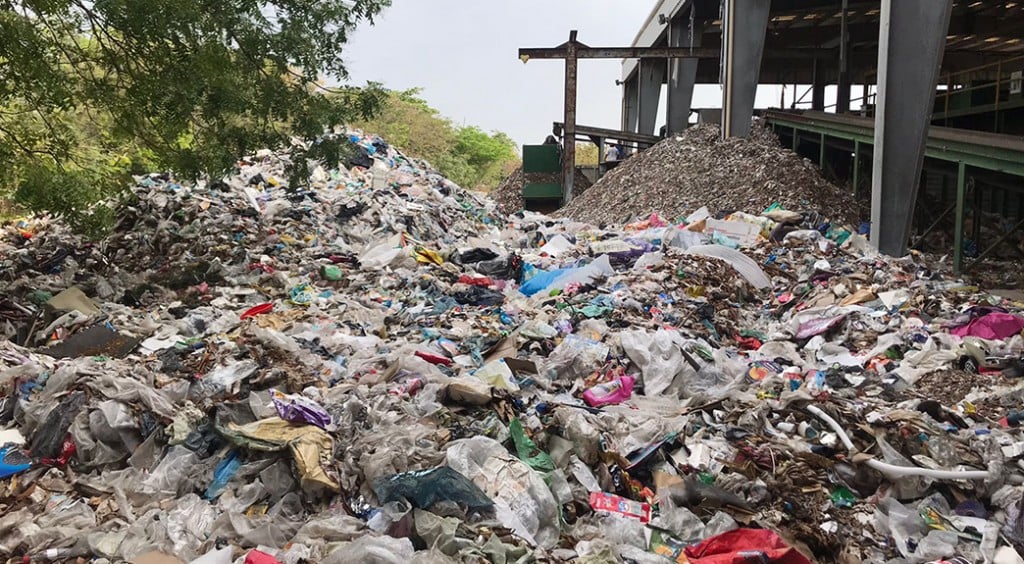SWANA report evaluates viability of electricity and alternative fuels for solid waste collection vehicles

The Solid Waste Association of North America (SWANA) Applied Research Foundation (ARF) has issued a new report assessing the viability of electricity and other alternative fuels for solid waste and recycling collection vehicles. The publication analyzes electricity, hydrogen fuel cells, compressed and renewable natural gas, and ultra-low sulphur and renewable diesel in terms of their energy usage, well-to-wheel greenhouse emissions, fuel cost, total cost, and stage of commercialization. The report, Evaluation of Electricity and Other Alternative Fuels for Solid Waste and Recycling Collection Vehicles, follows the ARF report released in March 2022, Efficient Management of Waste & Recycling Collection Resources, which presented tools and best practices for streamlining collection operations.
"Considering the environmental impact and rising cost of diesel, it is important to evaluate alternatives available for solid waste and recycling collection trucks, which are among the lowest fuel economy of all over-the-road vehicles," says David Biderman, SWANA executive director and CEO. "This new report provides collection fleet managers with useful data and analyses for the fuel options currently on the market," Biderman added.
"We are proud to be able to provide this in-depth report on this important and timely topic," says Jeremy O'Brien, SWANA's director of applied research. "SWANA would like to recognize and thank the organizations that comprise the ARF's Collection Group Subscribers who identified and voted on this topic as well as supported and assisted in the research."
The full report, Evaluation of Electricity and Other Alternative Fuels for Solid Waste and Recycling Collection Vehicles, is currently only available to SWANA ARF subscribers. SWANA members will receive free access to the report one year after its publication.



